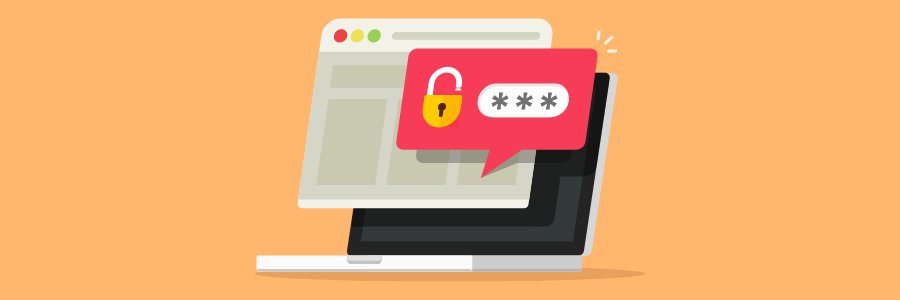Every online account requires authentication. Most sites and services today rely on a single factor authentication system, requiring only a username and password to gain access. However, passwords are not infallible and cybercriminals are becoming increasingly adept at stealing them.
This is why it’s important to lock down your user accounts with an additional form of authentication. Enter multifactor authentication (MFA).
What is multifactor authentication?
MFA is a sophisticated security protocol designed to thwart unauthorized access by requiring more than just a password for account verification. This way, account security doesn’t hinge on a single password, and hackers who manage to crack it are still blocked from entry. But what does MFA actually look like?
Typically, users are required to provide two or more of the following authentication factors as part of the login process:
- Something you know: This first layer, akin to the password, revolves around information only the user knows, such as a personal identification number (PIN), passphrase, or answers to security questions.
- Something you have: This category introduces a tangible element, typically in the form of a physical device. This can be a smartphone, hardware token, smart card, or any other gadget capable of generating or receiving authentication codes. Popular apps like Google Authenticator and Microsoft Authenticator, which generate one-time passwords when requested, fall under this category.
- Something you are: This factor centers on an individual’s biological attributes or biometrics. Biometric markers such as fingerprints, retina scans, facial recognition, and even voice patterns act as unique indicators of the user’s identity. These are next to impossible to imitate or replicate, making them a highly secure authentication factor.
Is password-only security obsolete?
For many people, enabling MFA may sound like adding an extra layer of complexity and inconvenience to the account sign-in process. But this complexity is essential in light of the growing number of cyberattacks today.
While a strong and unique password is undoubtedly important, it’s not enough to fully protect your accounts. Most cybercriminals employ social engineering scams to trick users into revealing their login credentials, such as their passwords, through fake websites or emails. Other hackers may resort to brute force methods, where they try to break into an account using automated tools that can guess thousands of passwords in seconds. More technically advanced cybercriminals may install malware like keyloggers to steal passwords.
Also, not everyone uses complex passwords or changes them frequently enough. In fact, many users are likely to reuse the same generic passwords across multiple accounts and keep these recycled passwords for years, which is a surefire way to give hackers unrestricted access to sensitive information and commit fraud.
What are the benefits of MFA?
MFA covers the many glaring weaknesses of the password-only authentication system and offers a versatile, secure, and effective way of protecting user accounts. For starters, since MFA requires entering more than one authentication factor to gain access, it’s much harder for hackers to crack user accounts. Even if a hacker manages to guess the password or trick users into revealing it, the second authentication factor will likely block them from accessing the account. By enabling MFA, your company can essentially minimize the potential harm caused by a successful phishing scam or brute force attack.
Implementing MFA can also create a safety net for when employees have poor password management habits. It ensures that even when inexperienced users opt for weak passwords or use the same credentials for multiple accounts, the accounts remain secure thanks to additional authentication factors that cannot be easily stolen or replicated.
Moreover, when MFA is combined with cybersecurity measures such as conditional access restrictions, companies have fine-tune control over who can access certain applications and data, and when. For instance, if a remote user attempts to access company accounts from an unrecognized device, the system can deny them access or ask for another authentication factor to ensure that the user is who they say they are.
Finally, strong security measures such as MFA are mandatory for many industry-specific data regulations, such as HIPAA, GDPR, and others. So, by enabling MFA, companies can avoid the hefty fines, lawsuits, and reputational damage associated with noncompliance.
Given the many risks businesses face today, it’s more important than ever to have a strong cybersecurity framework. MFA is a big first step to achieving just that, and should be considered a must for any company that values data security and privacy. If you want to enable MFA but don’t know where to start, don’t worry. Varsity Tech can help you secure your accounts with MFA and keep your data safe. Contact us today to learn more!


